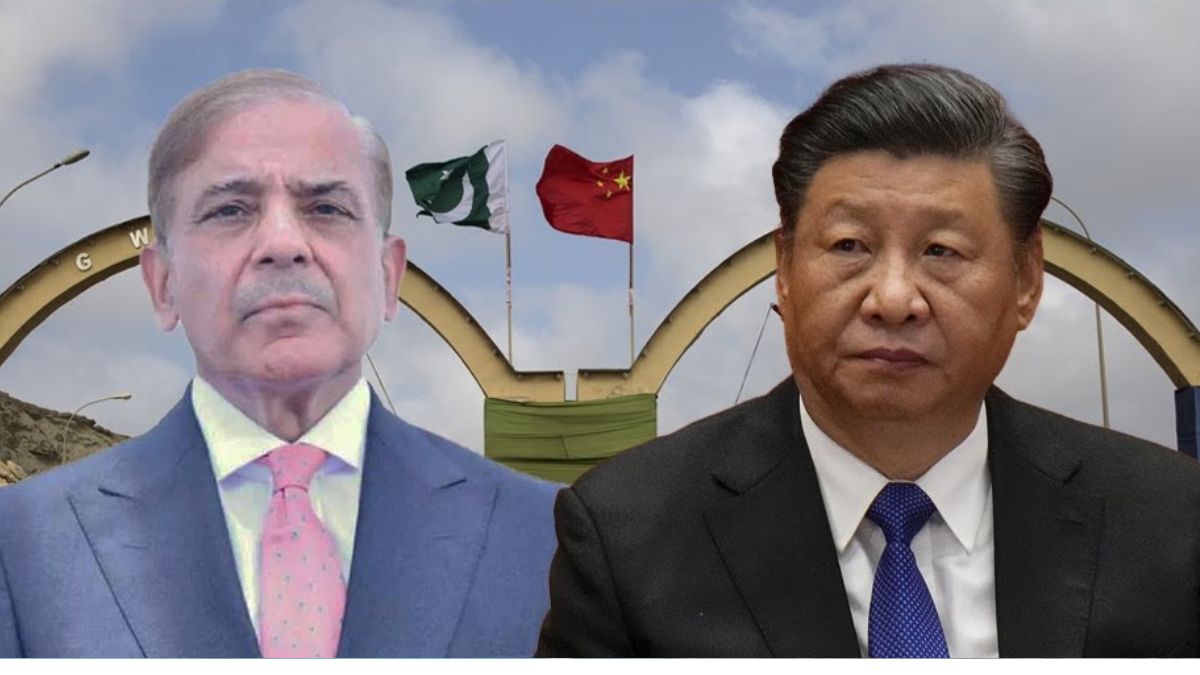Pakistan’s dependence on Chinese weapons is well-known. However, the scale of this reliance, revealed recently in a Stockholm International Peace Research Institute (SIPRI) report, is still rather concerning.
Data from the SIPRI reveals that China accounted for 81 per cent of Pakistan’s weapons imports over the past five years, marking a steady increase from 74 per cent in the previous period.
While the growing military partnership between the two countries has strengthened Islamabad’s defence capabilities, it also exposes Pakistan to significant risks.
A military built on imports
Pakistan has long struggled with indigenous defence production, often turning to external suppliers to meet its military needs.
Despite years of collaboration with China, the country’s domestic arms industry remains heavily dependent on Beijing’s technology and manufacturing. Even flagship projects such as the JF-17 fighter jet, often touted as a symbol of Pakistan’s defence collaboration with China, are largely assembled using Chinese components.
READ MORE: Pakistan’s military economy: An empire thriving amid national ruin
The same pattern extends to naval and missile systems, with Pakistan importing long-range reconnaissance drones, Type 054A guided-missile frigates, and over 600 VT-4 battle tanks.
This reliance on Chinese technology has made Pakistan’s defence procurement one-dimensional, limiting its ability to diversify its military capabilities.
The high procurement numbers have also contributed extensively to the Asian arms race .
The perils of a single supplier
One of the biggest risks of dependence on a single country for military hardware is the lack of strategic flexibility. With 63 per cent of China’s total arms exports going to Pakistan, Beijing effectively holds a dominant position in Islamabad’s defence procurement.
Should China’s priorities shift, or if economic or political tensions arise between the two countries, Pakistan could find itself facing serious operational and logistical challenges.
Impact Shorts
More ShortsThe case of the United States, once a key arms supplier to Pakistan, serves as a cautionary tale. Washington gradually scaled back its military sales to Islamabad due to concerns over Pakistan’s nuclear programme and its handling of extremist groups.
The result was a gradual weakening of Pakistan’s military ties with the US , forcing Islamabad to lean more heavily on China. The same pattern could repeat itself if China’s strategic priorities change or if Beijing begins dictating terms to Pakistan in exchange for continued military support.
Pakistan’s reliance on China also leaves it vulnerable to technology bottlenecks. Many of China’s weapons systems are still in development, and their long-term reliability in combat scenarios remains unproven.
The need for strategic autonomy
Pakistan’s current trajectory suggests that its defence strategy is more about procurement than self-reliance. While China remains a key ally, Islamabad’s near-total dependence on Beijing’s military-industrial complex raises long-term concerns.
A lack of indigenous defence production limits Pakistan’s ability to innovate, upgrade, and maintain its own military hardware without external assistance.
)